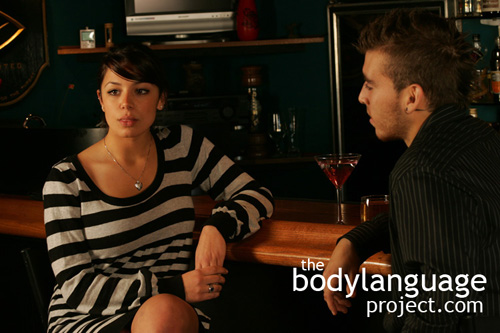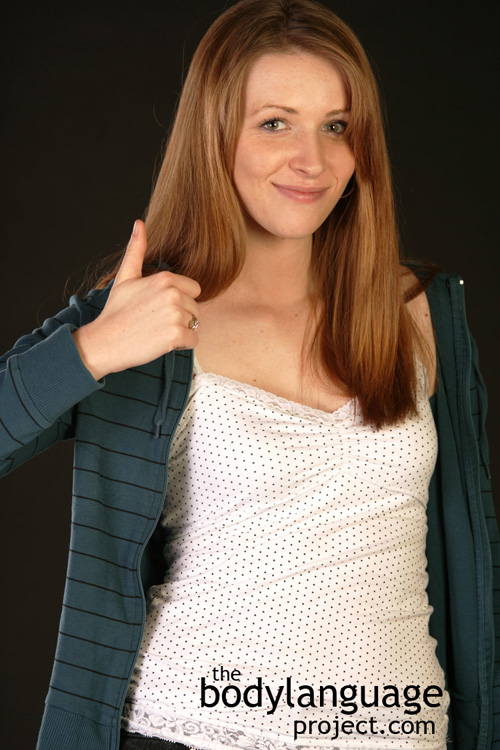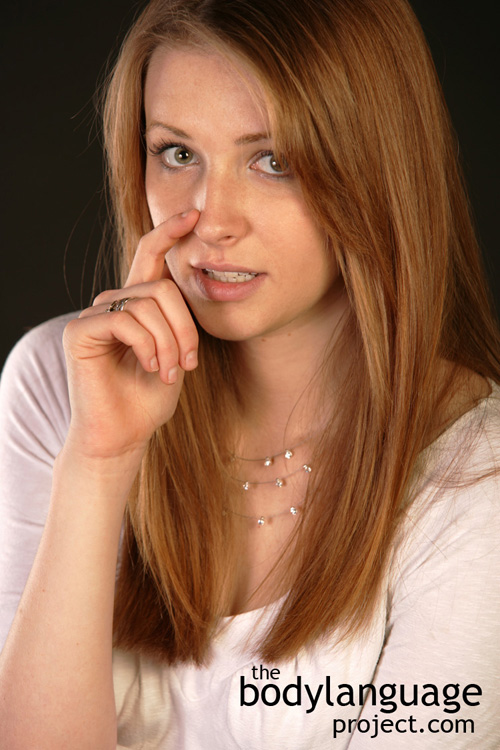
Tongue jutting is a universal gesture of distaste. It means, I don’t like that. Think of pushing gross food out of your mouth.
Much debate has been raised about the root causes of emotional facial expressions, that is if they are genetic or learned. In fact, the debate dates back to Aristotle and Darwin, even today studies still debate the universality of facial expressions and their relevance across cultures. The debate revolves around whether or not the language of the body stems from culture, and is learned, or if they are simply part of the human repertoire and exist at birth and are innate. For example, the Chinese stick their tongues out to display surprise, but this isn’t universally consistent. All cultures however, recognize laughter to express joy and tears to express grief. So while we might agree that some expressions are cultural like the Chinese tongue protrusion others are universal such as laughing and crying.
Many cultures also determine whether natural expressions are permitted, inhibited or exaggerated further confusing the issue. For example, certain cultures permit open public weeping from grief whereas others inhibit these natural gestures. This is called the “display rule” and it says that it is the culture from which we are raised that determines what level of expression of emotion is permitted. The culture sets the norm. In a study where a particularly gory film was projected to subjects, the Japanese and American subjects showed similar stress-type facial expressions. However, when a scientist was present, the Japanese more than the Americans tended to mask their negative expressions with the use of smiles. While being watched the Americans were more likely to be expressive and the Japanese tended to try to hide their disgust.
Very little research into emotional language by the body, face exempt, has been conducted thus far. It is however clear that gestures such as giving the thumbs up or the victory symbol with the index and middle finger extended, are particularly cultural, it is not clear yet if body posture are particularly cultural or innate. The research does show that cultural differences in expressiveness of body language tend to vary greatly across culture. Studies using blind children as subjects have shown that smiling and embarrassment gestures like hiding the face with the hands, occurs regardless of learning or copying, indicating that they are indeed genetic. There is still a fair amount of work that needs to be done before any real conclusion can be made about the origins of nonverbal signals.



